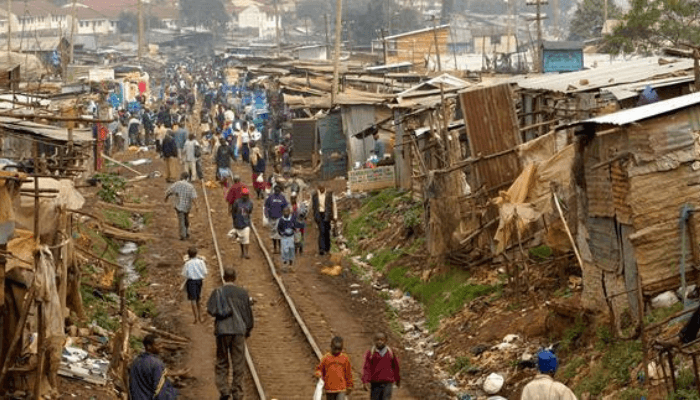Sluggish growth and rising inflation in Africa’s biggest economy have pushed an additional 24 million Nigerians into poverty within five years, according to the World Bank.
This was revealed in the Bank’s latest Nigeria Development Update report for December 2023 on Wednesday.
“Sluggish growth and rising inflation have increased poverty from 40 percent in 2018 to 46 percent in 2023, pushing an additional 24 million people below the national poverty line,” the report said.

It said the number of poor rose from 79 million in 2018 to 104 million in 2023, with urban poor—more exposed to inflation—increasing from 13 to 20 million. Meanwhile, poor people in rural areas increased from 67 to 84 million.
“In the medium term, the recent reforms will reverse this trend through higher growth and lower inflation, but to a limited extent, with poverty rates decreasing from 46 per cent in 2024 to 44 per cent in 2026,” it added.
According to the international organisation, reforms are expected to undo the increases in poverty seen in recent years from 2024 onward, albeit only marginally and slowly.
In May, President Bola Tinubu scrapped a costly but popular petrol subsidy and lifted currency controls in June, which he said was to save the country from going under.
But his actions have worsened inflation in double-digits and at the highest level in 18 years. The rising inflationary pressures have weakened the purchasing power of consumers, even as businesses grapple with higher operating costs.
The removal of the petrol subsidy tripled the petrol price to N617 from N184, causing public transportation providers such as buses, tricycles and motorcycles to raise transportation fares.
The naira has plunged to record lows across markets since the central bank allowed it to weaken by as much as 40 percent against the dollar in June.
According to the NBS, the country’s inflation rate, a measure of the general price level, rose to 27.33 percent in October from 26.72 percent in the previous month.
Also Read: Housing Minister, Dangiwa assures Commitment towards Housing Provision for Nigerians in Diaspora
Nigeria’s inflation has increased in 2023 and reached an almost two-decade high, according to the authors of the World Bank report.
“Inflation has historically been high and persistent in Nigeria—in 13 out of the past 15 years, inflation was higher than 9 percent, the ceiling of the CBN’s target range—reflecting the combination of loose fiscal and monetary policies, structural supply constraints, and external shocks,” they said.
Source: Business Day




